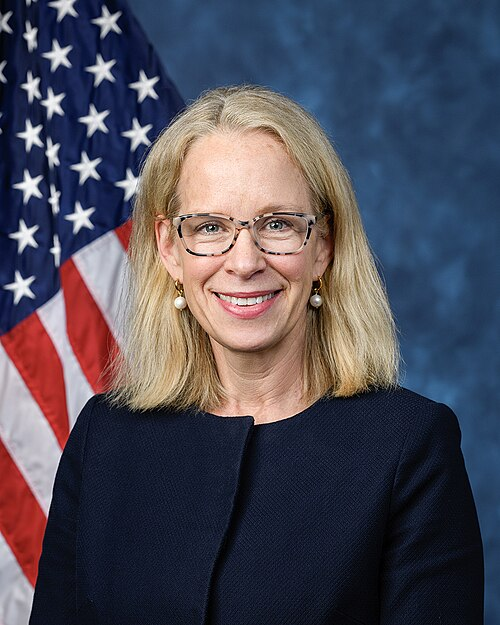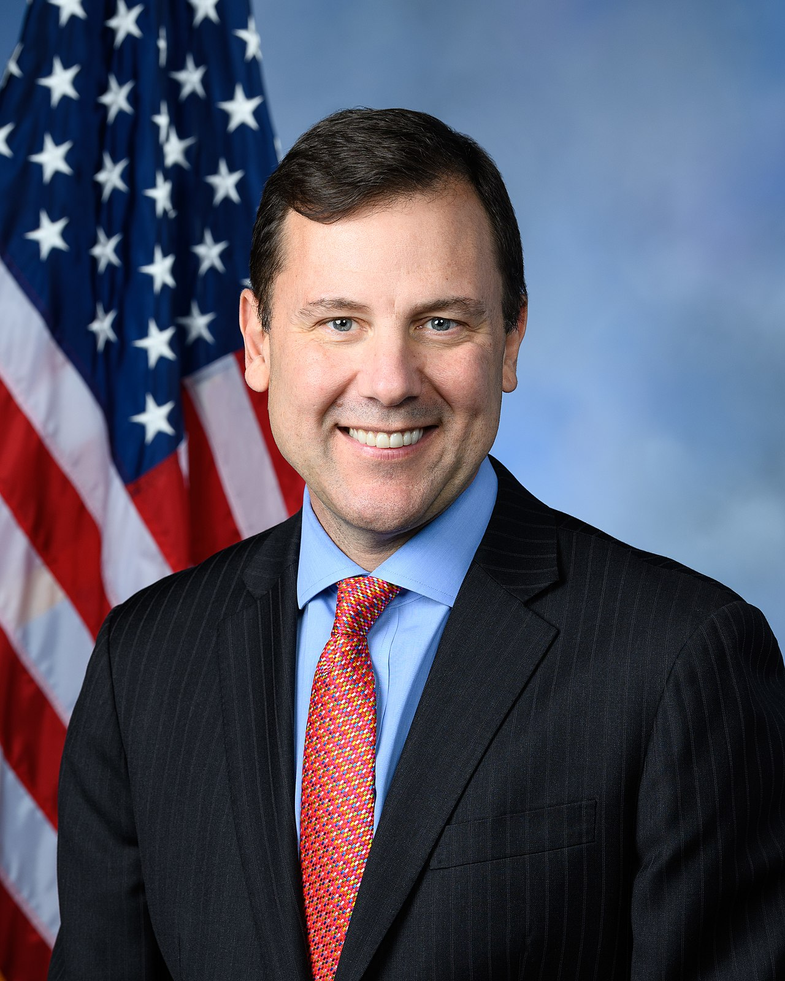S. 2470: College Athlete Economic Freedom Act
The College Athlete Economic Freedom Act aims to establish and protect the rights of college athletes to profit from their names, images, and likenesses (NIL). Here are the key components of the bill:
Rights of College Athletes
The bill ensures that:
- College athletes can market their name, image, and likeness without restrictions imposed by their college or athletic associations.
- Athletes can work with agents or representatives to negotiate contracts for the use of their NIL.
- Institutions cannot impose rules limiting the amount athletes can earn for their NIL or prevent them from forming collective groups for negotiation purposes.
- College athletes can receive grants-in-aid without it affecting their eligibility to obtain financial support for their education.
Institutional Guidelines
The bill sets guidelines for how colleges and athletic associations may interact with these marketing rights:
- Colleges cannot use athletes' NIL for promotional purposes without consent and must disclose how revenues are generated from such use.
- Institutions must provide equal access to resources for all athletes, ensuring support is available regardless of gender, race, or sport.
- Any institutional support related to athletes' NIL must be reported to ensure compliance with the guidelines.
Monitoring and Reporting
Colleges and associated collectives must regularly report to a federal agency on NIL agreements, including:
- The number and value of agreements made disaggregated by gender, race, and sport.
- Statistics about the college athletes involved, which must be publicly accessible to promote transparency.
Legal Framework and Enforcement
The bill includes provisions for enforcement:
- The Federal Trade Commission will enforce violations related to NIL agreements.
- Athletes have the right to bring lawsuits against violations of this bill.
- Violations may be treated as unfair or deceptive business practices.
International Considerations
The bill also addresses provisions specific to international college athletes, allowing them to engage in NIL activities without jeopardizing their visa status.
State vs. Federal Law
The bill preempts any state law that conflicts with its provisions regarding college athletes' rights to contract for their NIL, though states can still regulate athlete agents.
Surveys and Analysis
Grants may be provided for conducting market analysis on monetization related to college athletes' NIL rights, aiming to gather data and recommendations to address any disparities encountered.
Summary of Protections and Opportunities
The overarching goal of this bill is to empower college athletes economically while ensuring fairness and transparency in how their likenesses can be utilized. It provides them the freedom to enter into agreements and receive compensation that reflects their market value.
Relevant Companies
- NKE (Nike, Inc.): Nike has various partnerships with universities and college sports programs. This bill may impact their athlete endorsements and marketing strategies.
- UA (Under Armour, Inc.): They might need to adapt their sponsorships and relationships with college athletes in light of the new NIL rights.
- EA (Electronic Arts, Inc.): The gaming company has a history of including college athletes in their games, which could be affected by this bill.
- FANH (Fanatics, Inc.): As a major player in sports merchandise, any shift in college athlete's ability to profit from NIL may affect their business model.
This is an AI-generated summary of the bill text. There may be mistakes.
Sponsors
1 sponsor
Actions
2 actions
| Date | Action |
|---|---|
| Jul. 28, 2025 | Introduced in Senate |
| Jul. 28, 2025 | Read twice and referred to the Committee on Commerce, Science, and Transportation. |
Corporate Lobbying
0 companies lobbying
None found.
* Note that there can be significant delays in lobbying disclosures, and our data may be incomplete.


















